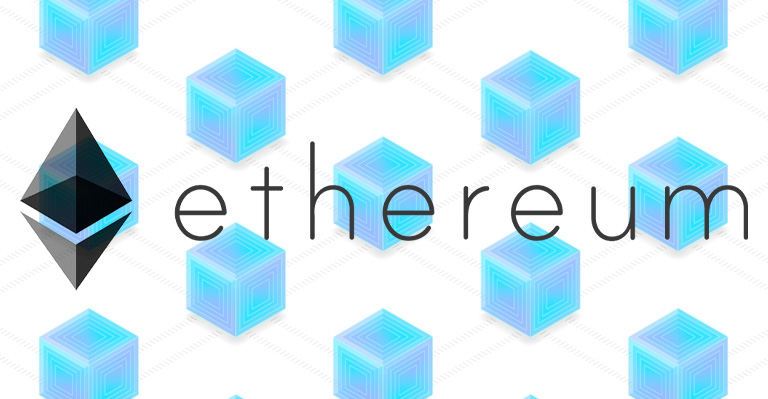TL;DR
- Dencun Upgrade: The Ethereum network has successfully deployed the Dencun upgrade, which is expected to significantly reduce transaction fees on layer 2 networks and enhance Ethereum’s overall scalability.
- Ethereum Improvement Proposals (EIPs): The upgrade introduces nine distinct EIPs, including EIP-4844, known as “protodanksharding”, which is designed to enhance data availability and lower transaction fees on layer 2.
- Trade-offs: Despite the benefits, some developers express concerns about the potential risks of moving the Ethereum ecosystem towards layer 2 networks, including performance limitations and the forced adoption of extreme centralization measures.
In a landmark move for the Ethereum network, the much-anticipated Dencun upgrade has successfully been deployed on the Ethereum mainnet. The upgrade, which was activated at 13:55 UTC on March 13, 2024, is expected to significantly reduce transaction fees on layer 2 networks and enhance Ethereum’s overall scalability.
Dencun went live, we've had blobs land in blocks on mainnet .oO 🎉
— timbeiko.eth ☀️ (@TimBeiko) March 13, 2024
Dencun, the most anticipated hard fork since the Merge, is on the horizon. It brings with it nine distinct Ethereum Improvement Proposals (EIPs). Among these, EIP-4844, colloquially known as “protodanksharding”, stands out. This proposal introduces ephemeral data blobs, a feature designed to enhance data availability and consequently lower transaction fees on layer 2.
However, the promised fee reductions will not affect users of the Ethereum mainnet. In the short term, users wishing to benefit from this fee change will need to sacrifice some decentralization and security by transacting on L2 instead of Ethereum.
Ethereum Dencun: The Successor of Shapella and a Combination of Cancun and Deneb

Despite the positive outlook, some developers believe that moving the Ethereum ecosystem toward layer 2 networks could risk steering it down the wrong path. Arthur Breitman, co-founder of the Tezos blockchain, expressed concerns about the limitations in performance and the forced adoption of extreme centralization measures by rollups built on Ethereum.
The Dencun upgrade follows last year’s Shapella upgrade and is a combination of the Cancun upgrade on Ethereum’s execution layer and the Deneb upgrade on its consensus layer. The Cancun part focuses on improving how transactions are managed and processed on the execution layer, while Deneb aims to enhance the consensus layer, which refers to how network participants decide on the state of the blockchain.
The successful deployment of the Dencun upgrade marks a significant milestone in Ethereum’s journey towards becoming a scalable settlement layer. However, it also raises important questions about the future direction of the Ethereum ecosystem and the trade-offs between scalability, security, and decentralization.
The Ethereum upgrade, known as Dencun, was successfully implemented on Wednesday. Following its launch, there was a 3.2% decrease in the price of ETH, dropping from $4,076 to $3,949, as per data from CoinMarketCap. However, the price has since rebounded and is currently just over $4,000.

